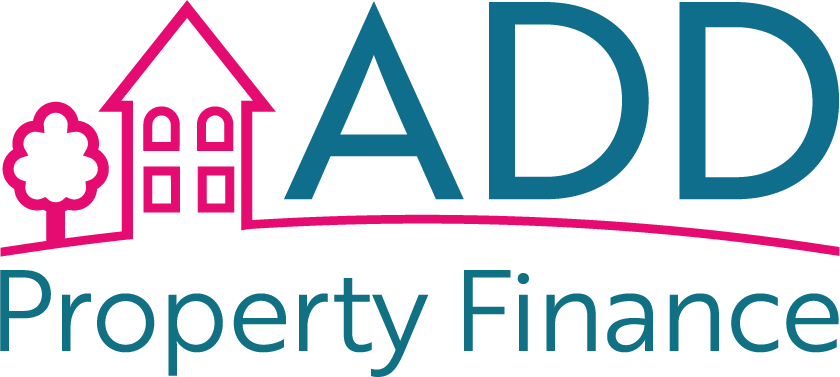Investing in property and becoming a landlord can be a rewarding venture, but it comes with responsibilities – especially when it comes to tenant management. Effective tenant management not only ensures a steady stream of rental income but also safeguards your property investment. Here are some valuable tips and best practices for investors and developers to maximise returns on investment properties through tenant management.
1. Tenant Screening
Begin your tenant management journey by carefully screening potential tenants. Thoroughly check their rental history, employment status, and creditworthiness. This step minimises the risk of late or missed payments and helps you select tenants who are more likely to treat your property with care.
2. Establish Clear Rental Policies
Transparency is key. Have a comprehensive rental agreement in place that outlines rent due dates, late payment penalties, maintenance responsibilities, and any other important terms. Make sure tenants understand these policies before signing the lease.
3. Regular Property Inspections
Conduct regular property inspections to ensure it’s being well-maintained. Address any issues promptly, whether it’s repairs or maintenance tasks. This proactive approach can help you catch and address problems before they become costly repairs.
4. Responsive Communication
Maintain open and responsive communication with your tenants. Encourage them to report maintenance issues promptly. Being attentive to their concerns and addressing them promptly fosters a positive landlord-tenant relationship.
5. Offer Incentives for On-Time Payments
Consider offering incentives for tenants who pay their rent on time consistently. This could be a small discount or a gift card. Such incentives can encourage timely payments and reduce instances of late rent.
6. Handle Disputes Professionally
In the event of disputes or disagreements, approach them professionally and diplomatically. Sometimes, finding a middle ground or a mutually agreeable solution can help maintain a good tenant relationship.
7. Prompt Deposit Returns
When a tenant’s lease ends, promptly return their security deposit, minus any legitimate deductions for damages or unpaid rent. Timely deposit returns can improve your reputation as a landlord.
8. Keep Up with Property Maintenance
Regularly scheduled maintenance keeps your property in good condition, attracts better tenants, and prevents costly repairs down the line. Schedule seasonal maintenance and inspections to address wear and tear promptly.
9. Stay Informed About Legal Obligations
Familiarise yourself with local, state, and national rental laws. Ensure your lease agreements and tenant management practices are compliant. Staying informed helps you avoid legal complications.
10. Consider Professional Property Management
For investors and developers with multiple properties or those who prefer a hands-off approach, professional property management companies can handle tenant management, maintenance, and legal compliance on your behalf.
11. Be Proactive with Lease Renewals
Start the lease renewal conversation with tenants well in advance of the lease expiration. Knowing whether a tenant plans to renew or move out allows you to plan ahead.
12. Evaluate Rent Regularly
Keep an eye on the local rental market and evaluate your rental rates periodically. Charging competitive rent can attract and retain quality tenants.
13. Build Positive Relationships
Cultivate a positive relationship with your tenants. Being approachable and responsive can lead to longer tenant stays and less turnover.
Effective tenant management is a crucial aspect of successful property investment. By implementing these tips and best practices, investors and developers can create a win-win situation for themselves and their tenants, resulting in maximized returns on investment properties and a positive reputation as landlords.







